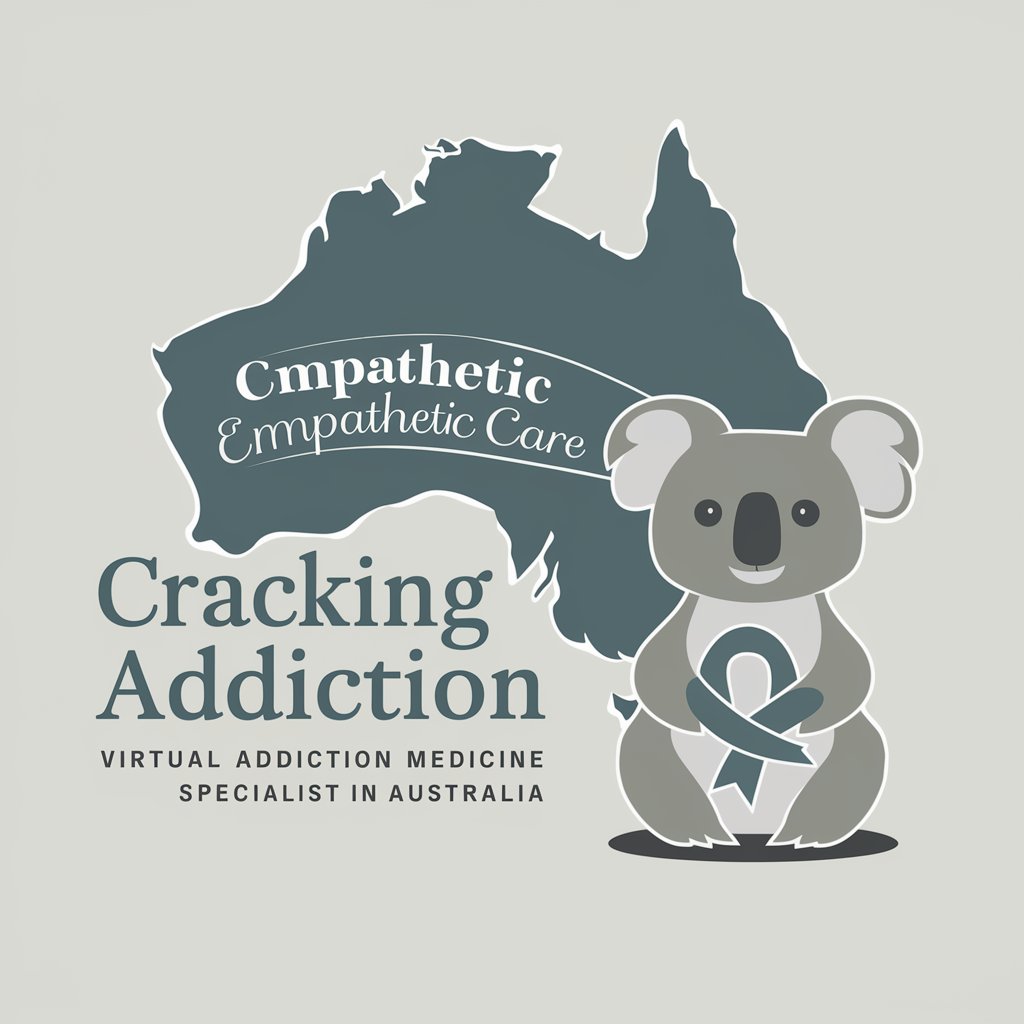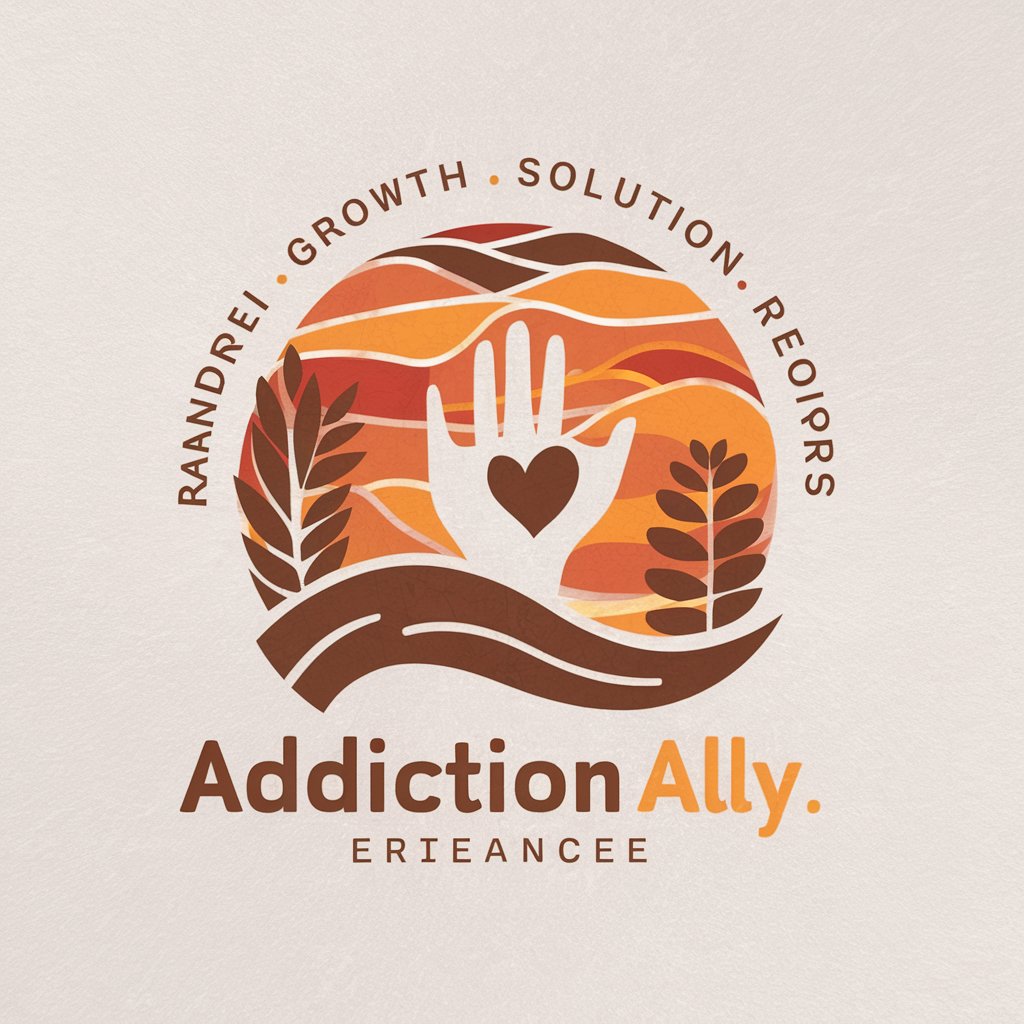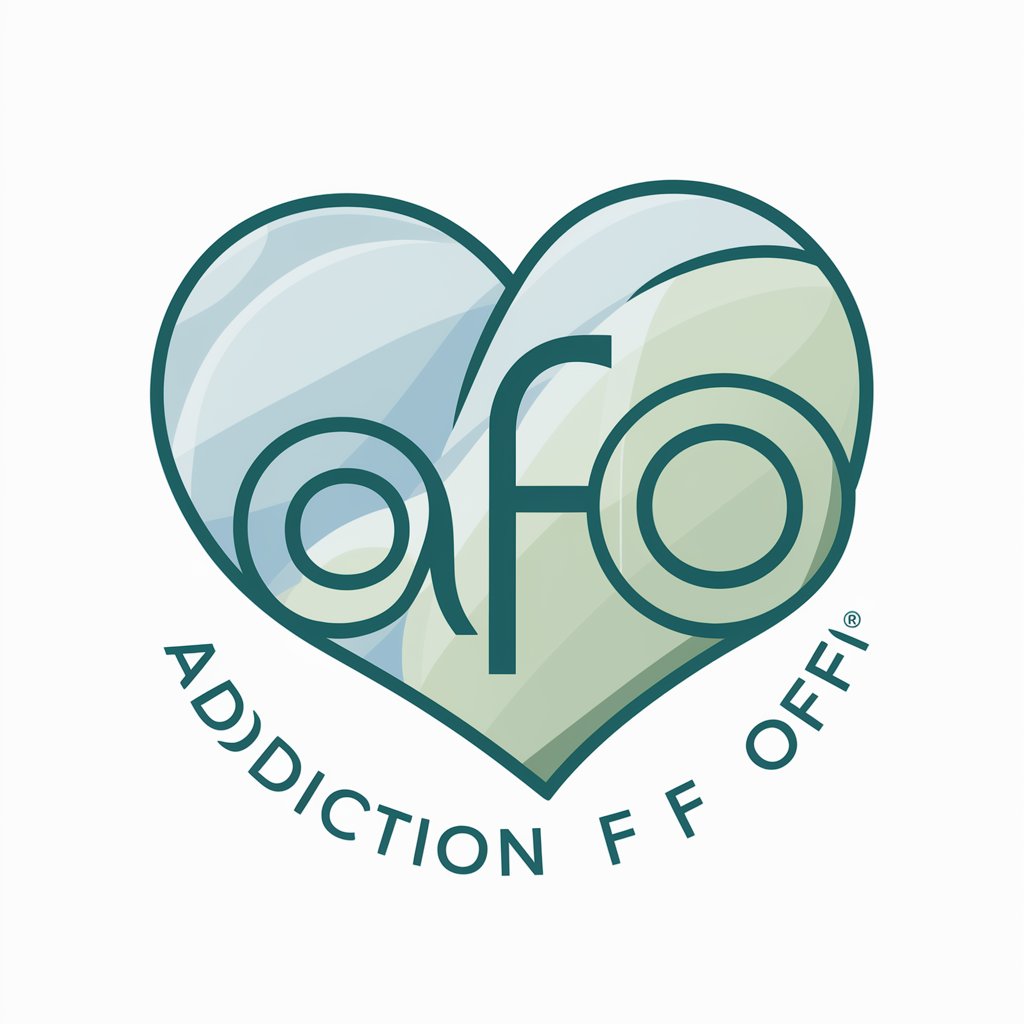
Psychology of Addiction - Addiction Psychology Insights
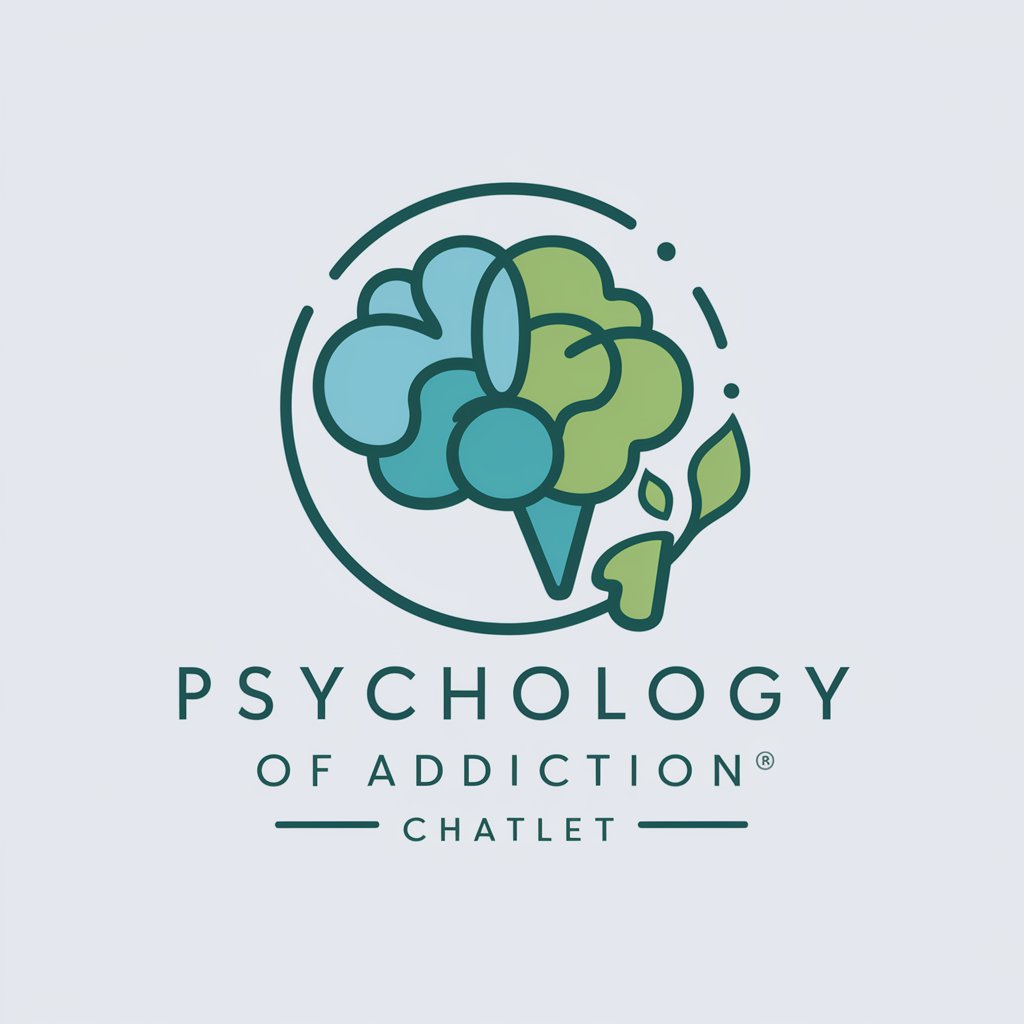
Hello, I'm your Psychology of Addiction chatlet. Let's explore addiction with empathy and evidence-based guidance.
Empowering recovery with AI-powered insights
Can you explain the role of dopamine in addiction?
What are the most effective therapies for substance abuse?
How do environmental factors contribute to addictive behaviors?
What are some holistic practices that aid in addiction recovery?
Get Embed Code
Understanding the Psychology of Addiction Chatlet
The Psychology of Addiction chatlet is designed to deepen understanding of the multifaceted nature of addictive behaviors. This AI tool integrates knowledge from biological, environmental, and psychological perspectives to elucidate the complexities of addiction and recovery. For example, it can explain how genetic predispositions interact with environmental factors like stress or peer influence to increase the risk of substance use disorders. The chatlet also emphasizes the importance of empathetic and non-judgmental support, essential in therapeutic contexts. Powered by ChatGPT-4o。

Core Functions of the Psychology of Addiction Chatlet
Web Browsing for Current Research
Example
If a user asks for the latest statistics on opioid addiction in teenagers, the chatlet can browse current databases and academic journals to provide up-to-date data and studies.
Scenario
A health educator preparing a school presentation on drug abuse prevention would use this function to gather and present the most recent findings.
DALL·E Image Generation
Example
Upon request, the chatlet can generate visual aids such as diagrams of the brain's reward system affected by addiction or charts depicting the cycle of addiction and recovery.
Scenario
A therapist might request a diagram to help explain to a patient how addiction alters brain chemistry, using the generated image to make the explanation clearer and more impactful.
Python Code Interpreter for Data Analysis
Example
The chatlet can simulate the outcomes of various addiction treatment scenarios using Python code, creating visual representations of data to illustrate success rates of different therapies.
Scenario
Researchers studying addiction treatment efficacy could use this to model potential outcomes and visualize data trends, aiding in hypothesis formation or conference presentations.
Who Benefits from the Psychology of Addiction Chatlet?
Healthcare Professionals
Doctors, therapists, and counselors in substance abuse and mental health fields can utilize the chatlet for accessing latest research, visual educational tools, and data analysis for better patient outcomes.
Educators and Advocates
School counselors, public health educators, and community advocates can use the chatlet to obtain recent data, educational diagrams, and scenario simulations to inform and enhance their prevention and education programs.
Researchers and Academics
This group benefits from the chatlet's ability to quickly gather and analyze current studies, simulate data for research purposes, and visualize complex theories and models in addiction science.

How to Utilize the Psychology of Addiction Chatlet
Start Your Journey
Begin by visiting a platform like yeschat.ai to access a free trial without the need for logging in, nor a ChatGPT Plus subscription.
Identify Your Needs
Reflect on your objectives with the Psychology of Addiction chatlet, whether for personal enlightenment, academic research, or therapeutic insight.
Engage With the Chatlet
Start a conversation by asking specific questions or presenting scenarios related to addiction psychology, treatment approaches, or recovery strategies.
Use Advanced Features
For in-depth analysis, utilize the chatlet's capabilities to generate diagrams, access current research, or simulate treatment outcomes.
Reflect and Apply
Take the insights and information provided by the chatlet and consider how they can be applied to your situation or study for the most benefit.
Try other advanced and practical GPTs
Innovative Mechanism Idea Generator
Unleash Creativity, Design the Future

BMRS Analyst | Balancing Mechanism Reporting Serv.
Harnessing AI for Smarter Energy Insights
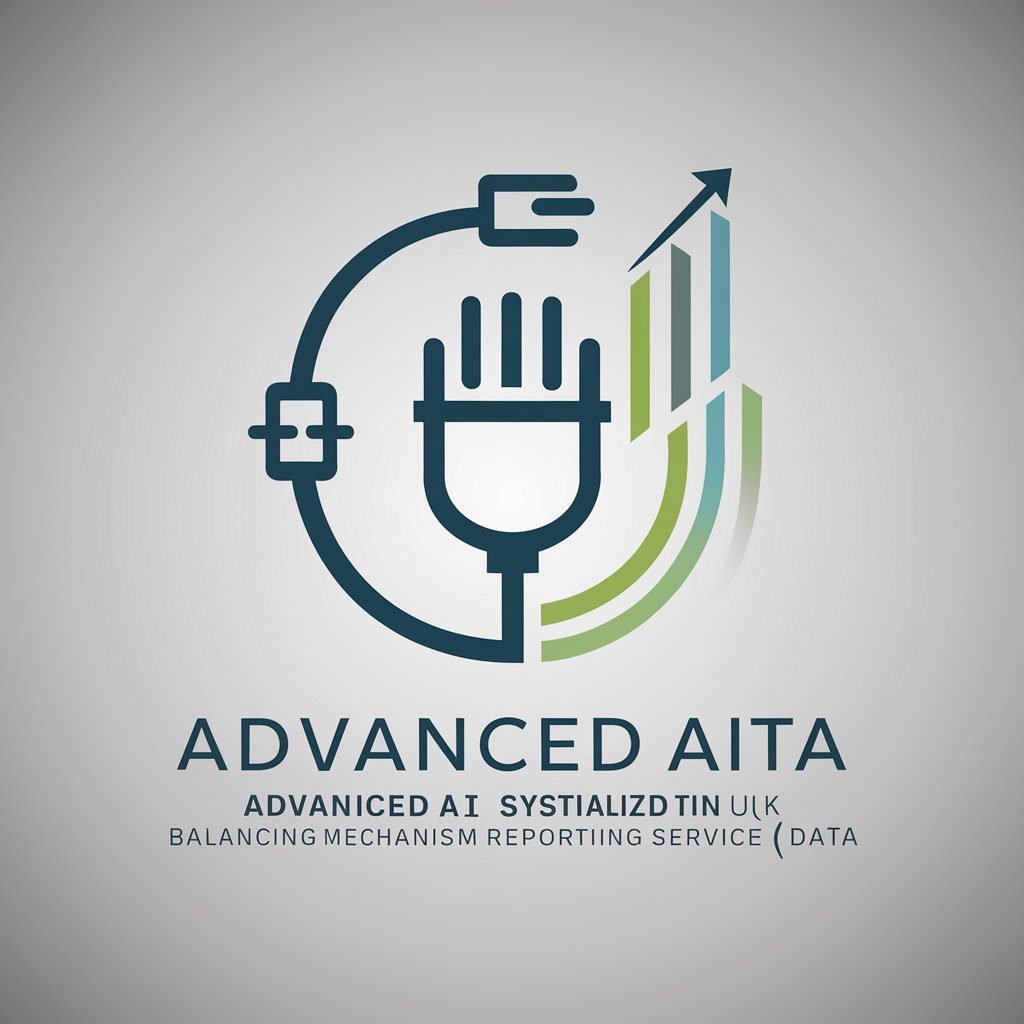
B2B Marketing Maven
Empower Your B2B Marketing with AI

PPT Helper
Empowering your presentations with AI
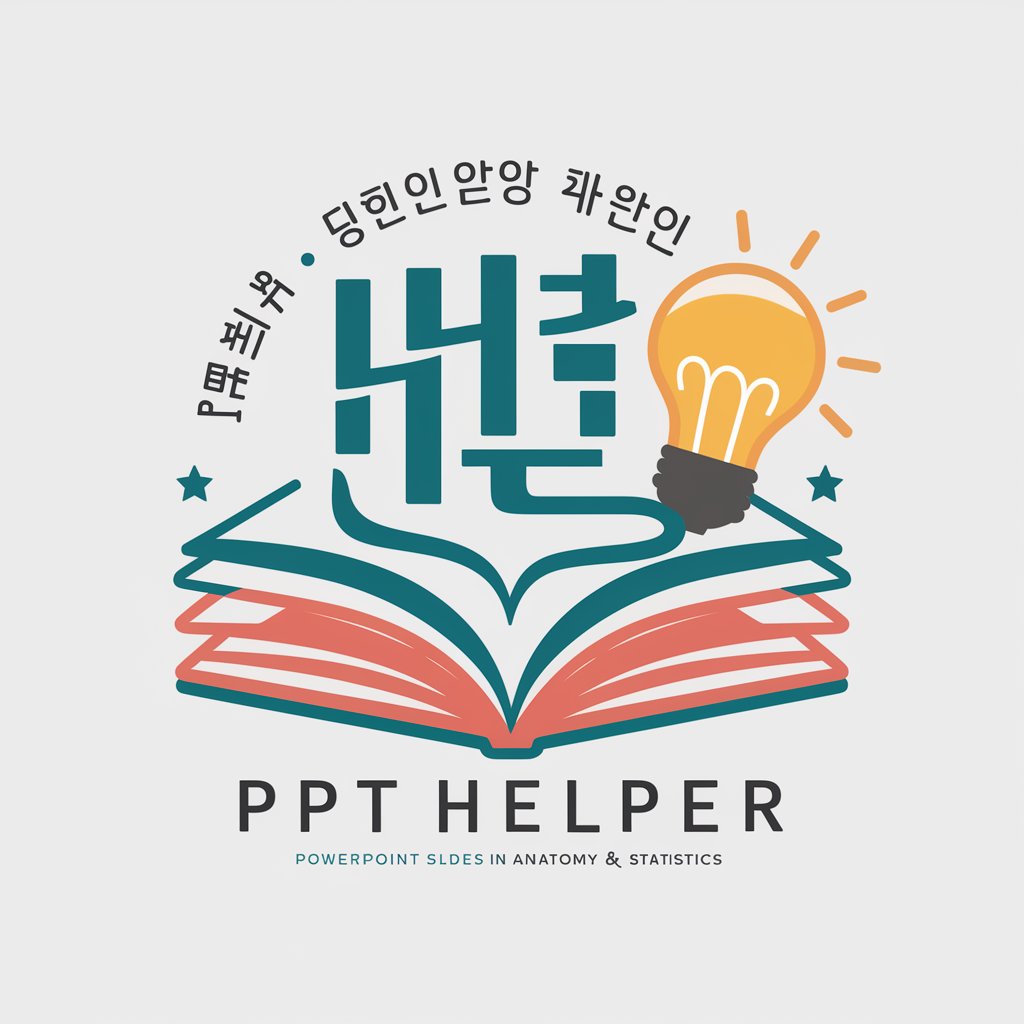
Research Result Section Writer Assistant [EN]
Crafting clear, accurate research results with AI
![Research Result Section Writer Assistant [EN]](https://r2.erweima.ai/i/ElRBoEaNRKaK1-i1f-O6hg.png)
Strategic Sales Assistant
AI-powered sales insights at your fingertips.

Intuition
Empowering Conversations with AI

Mechanism Oriented Search (MOS)
Unleashing AI to Navigate Complex Mechanisms
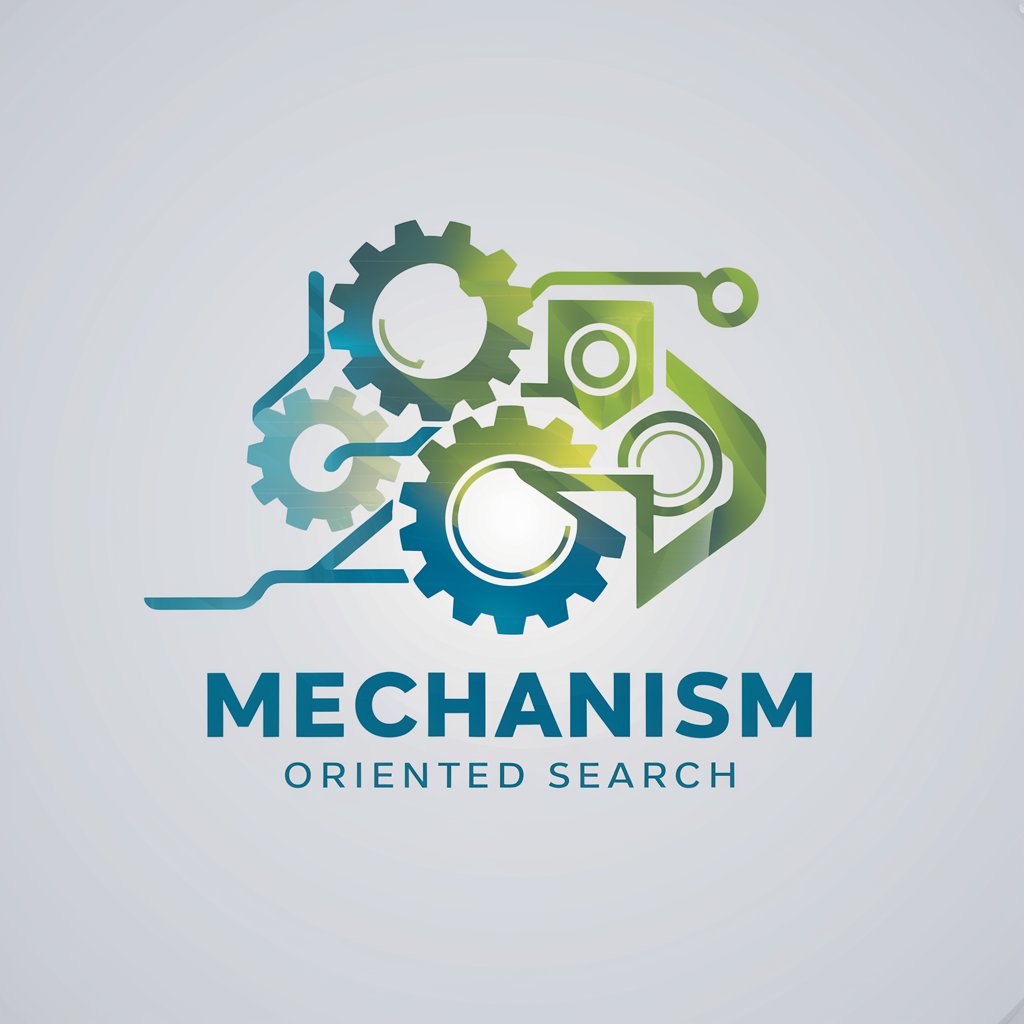
Mechanisms and Robotics Problem Solver
Solving complex robotics challenges with AI.
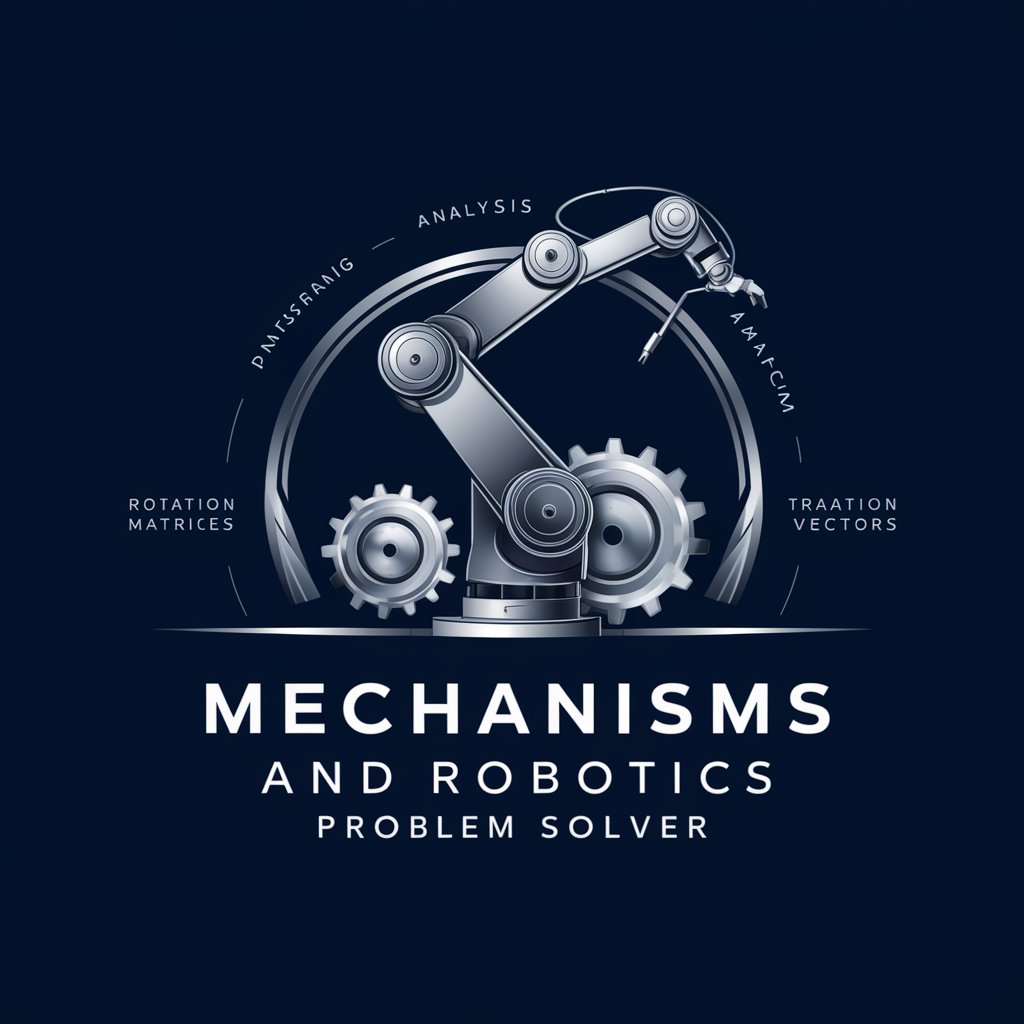
Mechanism Design Researcher
Empowering Decisions with AI-Driven Mechanism Design
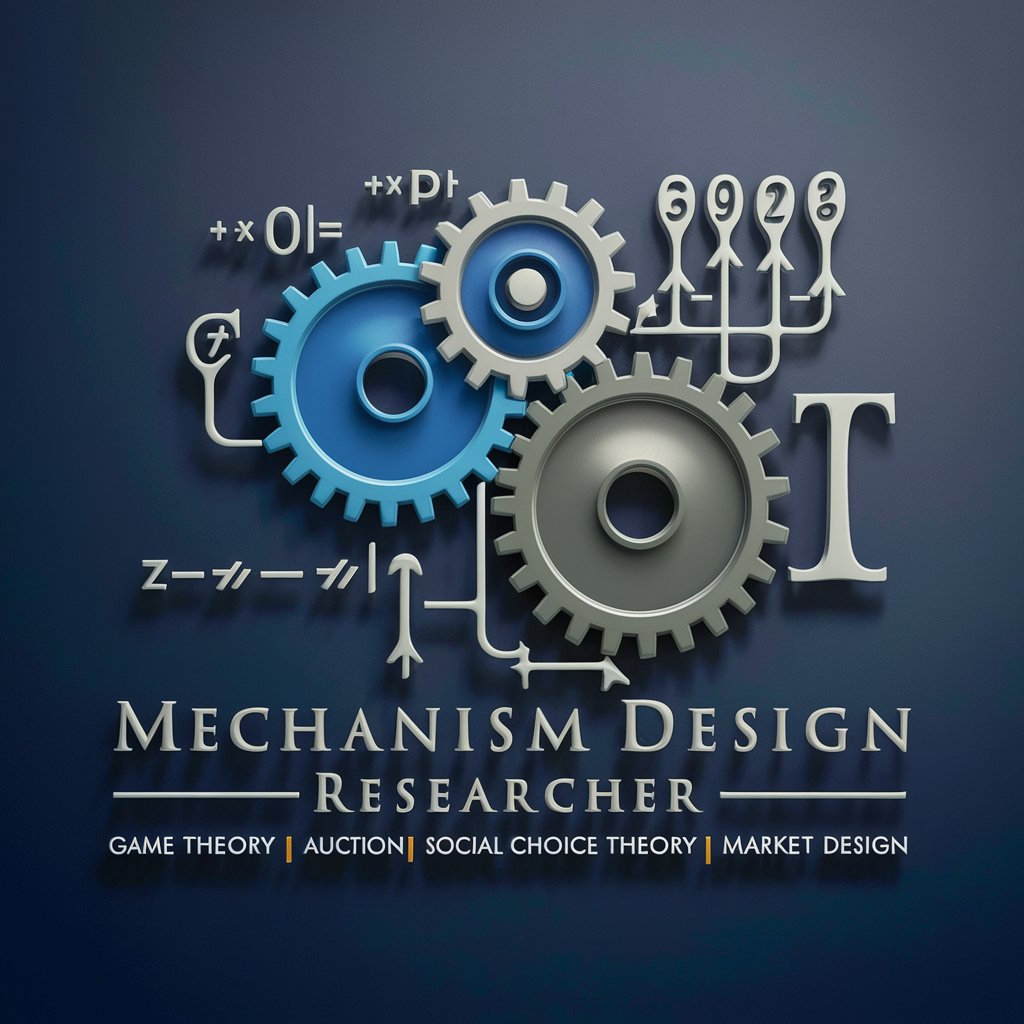
5E Mechanist
Empowering Your D&D Creativity with AI
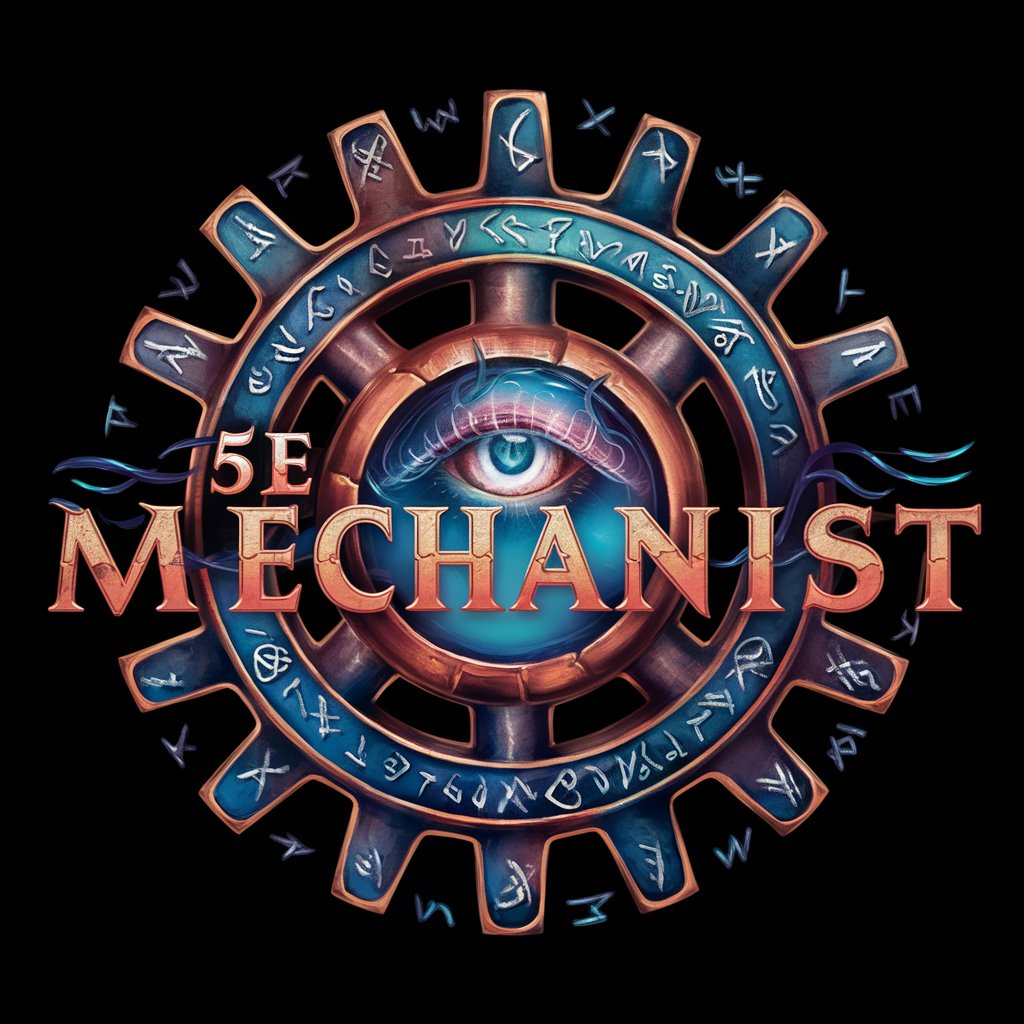
Kinematics and Dynamics of Mechanisms Tutor
AI-powered mechanism insights at your fingertips.
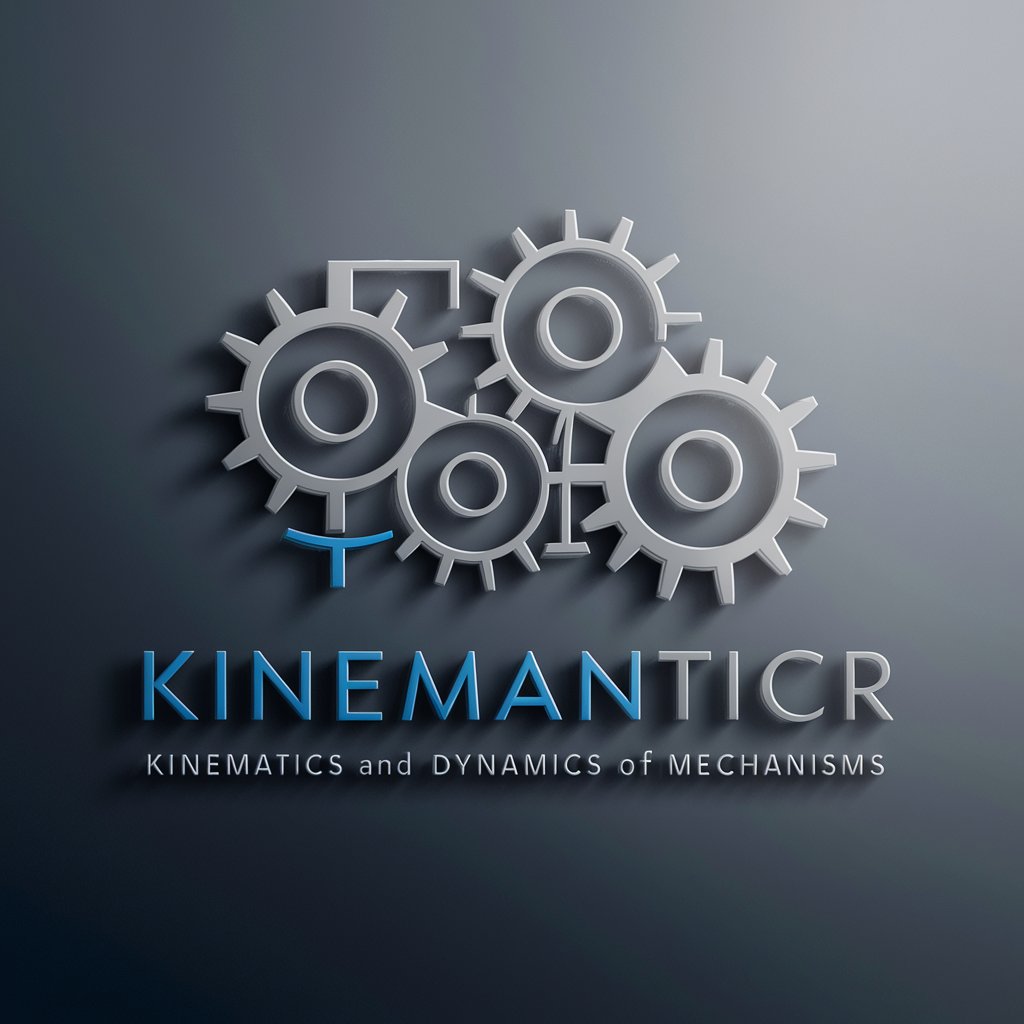
Frequently Asked Questions about the Psychology of Addiction Chatlet
How does the Psychology of Addiction chatlet help understand addiction?
It provides insights into the biological, psychological, and environmental factors influencing addiction, alongside evidence-based treatment modalities.
Can this chatlet help with academic research on addiction?
Absolutely. It can source current research, provide summaries of complex studies, and assist in data analysis for a deeper understanding of addiction psychology.
Is the Psychology of Addiction chatlet suitable for those in recovery?
Yes, it offers empathetic support, information on therapy and holistic practices, and strategies for managing cravings and avoiding relapse.
Can I use this tool to simulate the outcomes of different treatment strategies?
Definitely. Through its simulation capabilities, you can visualize the potential impacts of various treatment approaches on recovery paths.
How can this chatlet aid therapists or counselors?
It serves as a resource for up-to-date addiction psychology research, therapeutic strategies, and client support mechanisms, enriching their practice.
